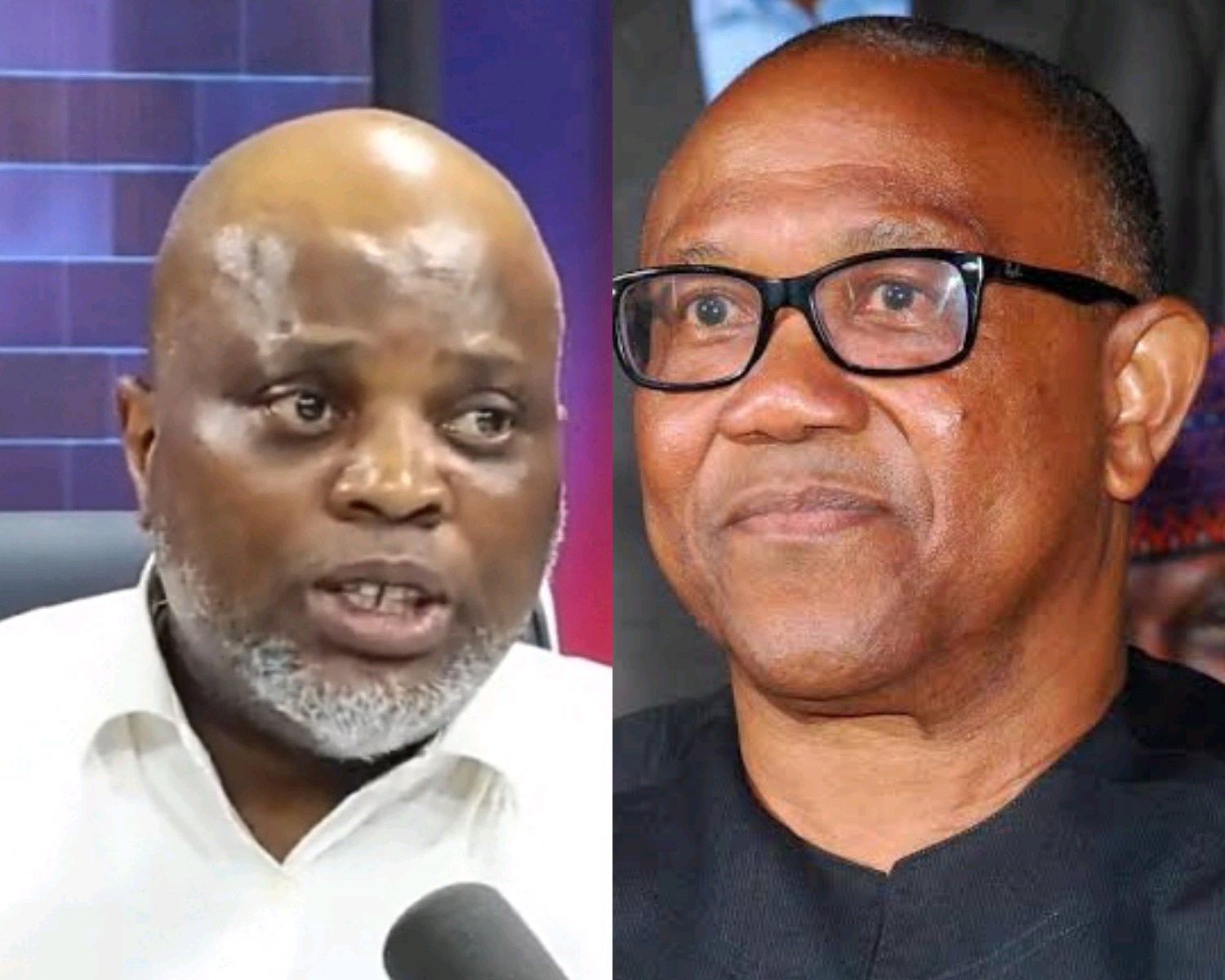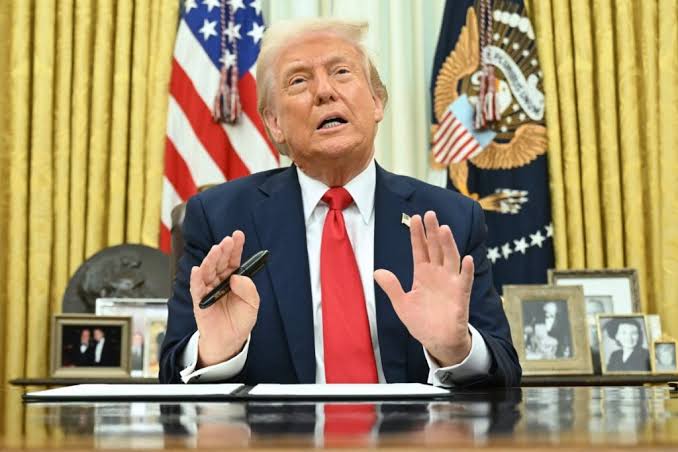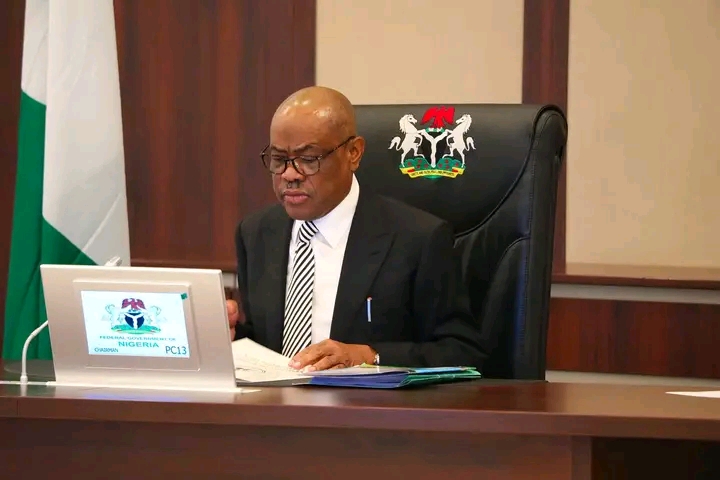Mubarak Munyagwa Vows to Replace Kiswahili with French If Elected Ugandan President
Ugandan presidential candidate Mubarak Munyagwa has stirred public attention and sparked heated debates across the country after announcing his intention to replace Kiswahili with French as one of Uganda’s official languages if he wins the forthcoming presidential election.
The controversial politician, known for his bold and unconventional views, revealed his language policy proposal during a campaign address in Kampala, asserting that Uganda must align itself more closely with the Francophone world to enhance diplomacy, trade, and education.
“Uganda’s future must be globally strategic. French is not just a European language—it is the language of opportunity across Africa. Embracing it will open doors to stronger ties with over 20 Francophone nations,” Munyagwa declared.
ALSO READ: VIDEO: “We Are the Ones That Escort Politicians After They Steal Public Money” – Retired DSP
The Debate: Kiswahili vs. French in Uganda
Kiswahili, spoken by over 200 million people across Africa, is widely regarded as the most unifying African language. It was officially adopted as a national language of Uganda in 2005 and later recognized by the East African Community (EAC) as the regional lingua franca.
Promoted as a symbol of African identity, unity, and integration, Kiswahili has deep cultural roots in East and Central Africa, serving as a bridge between diverse ethnic groups and fostering cross-border cooperation.
However, Munyagwa’s proposal to replace it with French has triggered strong reactions. Supporters argue that Uganda could benefit from new diplomatic and trade opportunities, especially given that more than half of Africa’s countries are Francophone.
Critics, on the other hand, view the move as a cultural setback, suggesting it undermines the ongoing efforts to promote Kiswahili as a Pan-African language. Many linguists and educators warn that such a change could destabilize Uganda’s education system, which recently began integrating Kiswahili into the school curriculum under the EAC mandate.
Historical Context and Linguistic Landscape of Uganda
Uganda, a multilingual nation with over 40 indigenous languages, currently recognizes English and Kiswahili as its official languages. English has served as the language of administration and education since the colonial era, while Kiswahili was introduced to promote regional unity and reduce ethnic and linguistic divisions.
French, though taught in some secondary schools, remains largely limited to academic use. Adopting it as an official language would require constitutional amendments, extensive teacher retraining, and curriculum overhauls—moves that could take years and billions of shillings to implement.
Nonetheless, Munyagwa insists that such reforms are necessary to prepare Uganda for a more competitive and interconnected Africa.
“We cannot isolate ourselves linguistically. The Francophone world dominates international institutions and trade partnerships. Uganda must evolve with global trends,” he said.
Reactions from Citizens and Experts
Public opinion remains sharply divided. On social media, some Ugandans praised the idea as visionary, calling for a multilingual approach that includes English, French, and Kiswahili to strengthen Uganda’s international presence.
Others condemned the proposal as elitist and impractical, arguing that it disregards the country’s cultural heritage and marginalizes millions who communicate primarily in Kiswahili and local dialects.
A Kampala-based linguist, Dr. Sarah Nakimera, described the plan as “ambitious but tone-deaf,” adding that “language policies should reflect people’s daily realities, not just global aspirations.”
Political analysts believe Munyagwa’s bold stance is part of a strategic campaign tactic to attract attention and distinguish himself from other candidates ahead of Uganda’s 2025 general elections.
The Larger Conversation: Language, Identity, and Pan-Africanism
Munyagwa’s proposal has reignited a larger debate about African identity, linguistic heritage, and globalization. While some leaders across the continent push for greater adoption of indigenous languages like Kiswahili, others favor international languages such as French and English to boost global competitiveness.
Regardless of the election’s outcome, the discussion underscores Uganda’s ongoing struggle to balance cultural preservation with modernization in a rapidly changing world.












